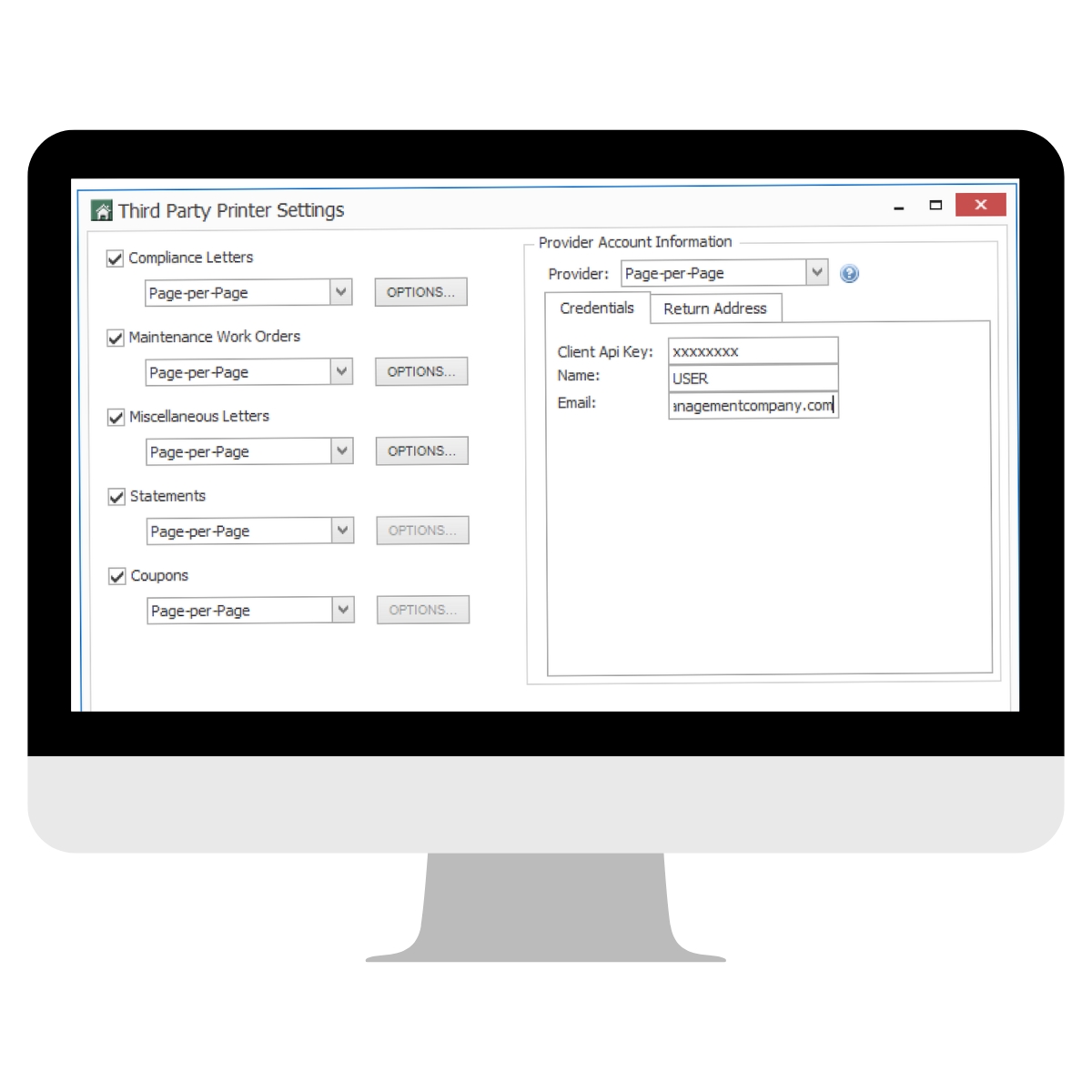How to Create and Enforce an HOA Board Members Code of Conduct
When you feel an HOA is acting unethically or not in the best interest of homeowners, it can be incredibly frustrating. And even if your HOA is not directly violating any ethical codes, there can still be ample disagreement within the board about HOA governance and what to do when conflicts arise.
So how do you avoid it?
Create an HOA board members code of conduct. In doing so, you will set an expectation for how the board can deal with conflict. By incorporating this code of ethics into the bylaws, homeowners know that there is a standard to which they can hold the board members they elect.
Step 1: Get Everyone On “Board”
The worst thing you can do is force a code of ethics on an unwilling board. Instead, discuss the issue with other community members, as well as the board. Remember, taking part in any HOA is a volunteer service, and no one is necessarily bound to those roles. That’s why it’s especially important that everyone on the board is in support of a code of conduct. Transparently discuss the issues that compelled you and others to want to create the code. Don’t be afraid to highlight the ramifications caused by poor board member behavior. Articulate your reasoning as to why you think the code will rectify these issues. This could help you win the buy-in of the board.
Step 2: Draft the Code of Conduct
Once the board has identified the priorities and specific guidelines for the code of conduct, it’s time to fully draft them out. The code can and should include the following themes:
Be Committed
Each board member should be willing and able to commit a certain amount of their time to their HOA board. This helps to ensure that duties and responsibilities get done.
Comply with Governing Documents and Laws
Board members must be familiarized with all HOA documents, such as CC&Rs, bylaws, and state and federal laws in order to not only abide by and enforce them, but also to adopt them into the code of conduct.
Remember the Fiduciary Responsibility
As a board member, you must maintain a fiduciary duty to the HOA–to act in the best interests of the association as an entity. This means putting your responsibility to the HOA first, even if that means it goes before your own. There are three elements to a fiduciary responsibility of an HOA board member: the duty of loyalty, the duty of care, and the duty to act within the scope of authority.
Display Zero Tolerance for Discrimination
Stated within both federal and state Fair Housing laws, your HOA is prohibited to carry out discriminatory practices based on a persons’:
- Race
- Religion
- Sex
- Sexual orientation
- National origin
- Familial status
- Disability
Although outlined in laws that your HOA must already abide by, it’s equally important that these criteria are reiterated within the code of ethics, and strictly driven home by removing any board member who displays discriminatory behavior.
Practice Professionalism
As homeowners themselves, some board members may not feel the need to carry out a certain level of formality when speaking to fellow homeowners. Equally, as board members, some homeowners may feel entitled to treat others however they wish.
Regardless, everyone should be treated with respect and professionalism. Always encourage clear lines of communication between board member and board member, and board member and homeowner alike.
Avoid Conflicts of Interest
Because your board is composed of members of the community, it’s not uncommon that a conflict of interest arises. For instance, if your HOA is in need of a new attorney and a board member’s spouse runs a law firm, it is their responsibility to withdraw them from consideration.
In a case where the options are limited, the board member should then communicate the conflict of interest to the board, recuse themself from any deliberation or vote about the matter, and include it in the board meeting minutes.
Work Unilaterally Within the HOA
The HOA board must act as one unit. To ensure this, avoid discussing matters or decisions outside of board meetings. Even when dealing with contentious issues, if the board makes a choice you don’t agree with, as long as it is not breaching the code of ethics, you are ultimately required to support the board’s decision.
Maintain Open Communication
Part of your responsibility as a board member is amplifying homeowners’ voices. In order to do this, the lines of communication must always remain open and engaging. With regards to the code of ethics, this means ensuring that every homeowner possesses a copy and understands it fully. Diligent communication practices now can help avoid conflict later down the line. Drafting an HOA communication plan that determines the specific channels and cadence of communication is a great way to ensure homeowners are always in the loop. Page Per Page is a premier partner to HOAs and community management companies who want to maintain open communication with homeowners.
Keep Necessary Information Confidential
As a board member, you will likely have access to private information about your community. Therefore, a basic component of your HOA’s code of ethics should require the board to keep these matters completely confidential.
Whether it is to do with litigation with a homeowner, or a violation by a fellow board member, it is absolutely crucial that you maintain confidentiality. Not only is it ethical but it helps to assure other homeowners that the board can be trusted.
Step 3: Inform Homeowners
Once the code of ethics has been completed it’s important to keep the homeowners informed. This is a vital step in establishing trust and mitigating any scepticism that may potentially arise within homeowners about the board. It can also help to create some clear order for those feeling like the community was feeling chaotic or unorganized.
Telling them about it through word-of-mouth, or even simply sharing it on social media won’t cut it. Something of this significance requires you to mail an announcement. If you have a community website, consider announcing your adoption of the code of ethics on your site. Also, providing homeowners with physical copies of your code of ethics will eliminate any chance of miscommunication or misunderstanding. Thereafter, you can include the code of ethics in your HOA welcome mailing to new homeowners.
Consider leaning on the services of Page Per Page when you need a mailing partner for your HOA. Page Per Page has years of experience in HOA mail and homeowner communication. They can serve as a guide and resource to the customization and delivery of your HOA communications.
Step 4: Enforce It
It’s crucial that the code of conduct is adhered to, especially if it’s within the bylaws. But some homeowners may not be aware of the rules in their entirety, especially if they are new to the community. Nonetheless, to keep consistent and fair, it’s still important for homeowners to report any violations they see.
There are several ways of documenting any violating behavior and reporting it to the board members. Homeowners can choose to do so publicly during a meeting, or they can submit one anonymously with photos or a description.
The key is to always keep the gears of communication turning in all directions, so that whether it’s about informing the homeowners, or homeowners reaching out the board, you can ensure your HOA is running smoothly.
Communication is Key
It can’t be stressed enough—keeping the lines of communication open is crucial to ensuring the code of ethics is closely followed. This is important not only to make sure everyone, board members and homeowners alike, is on the same page, but also to create a trusting and transparent relationship between all parties within the HOA.
The best way to ensure robust communication within an HOA? A dedicated HOA communication partner, like Page Per Page. Page Per Page began as a bespoke print and mailing company for community associations across the country. From welcome packets to announcements to voting ballots, their expert team helps you customize designs, professionally print, and deliver HOA mailings that leave a lasting impression on homeowners.





